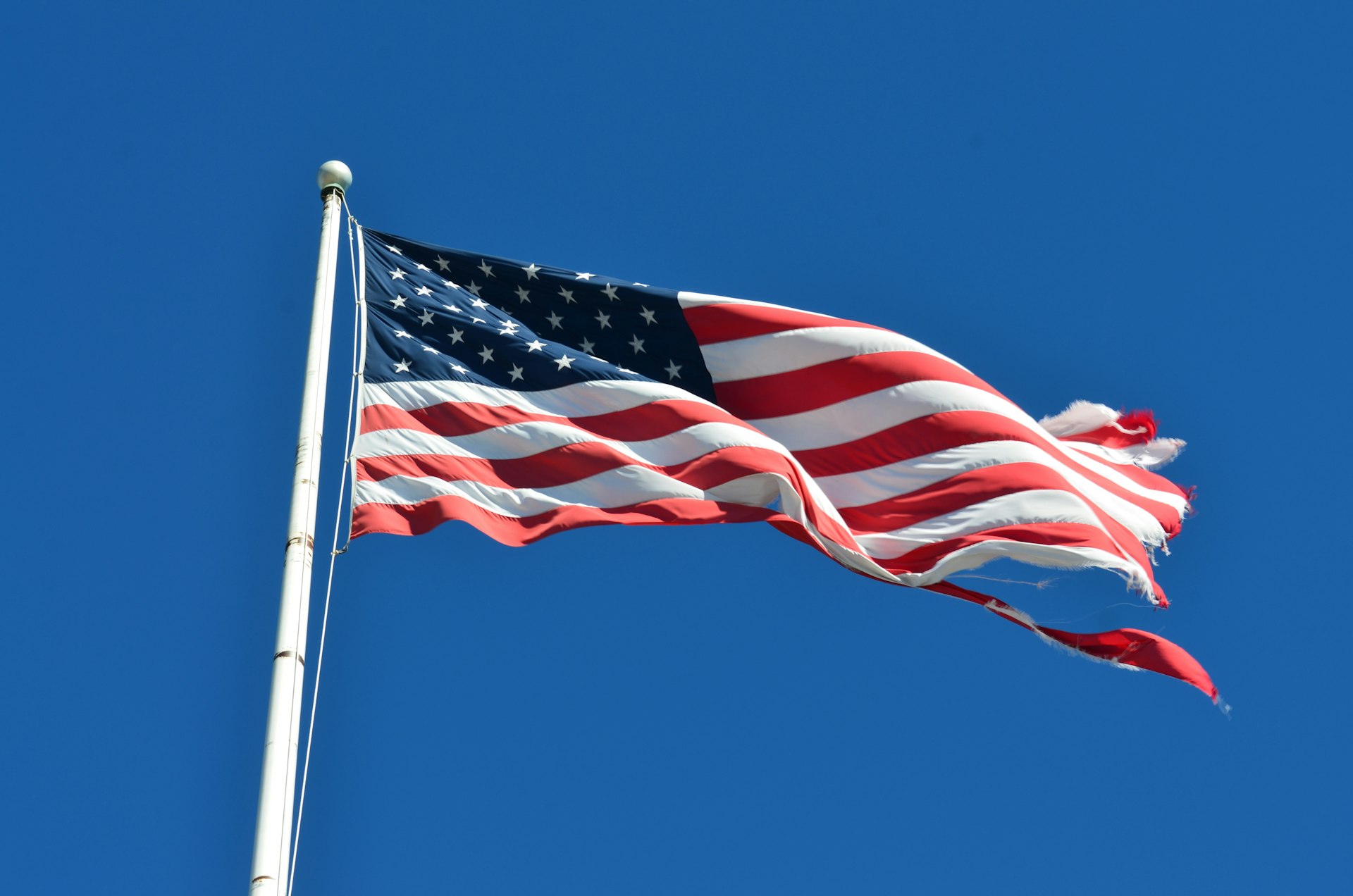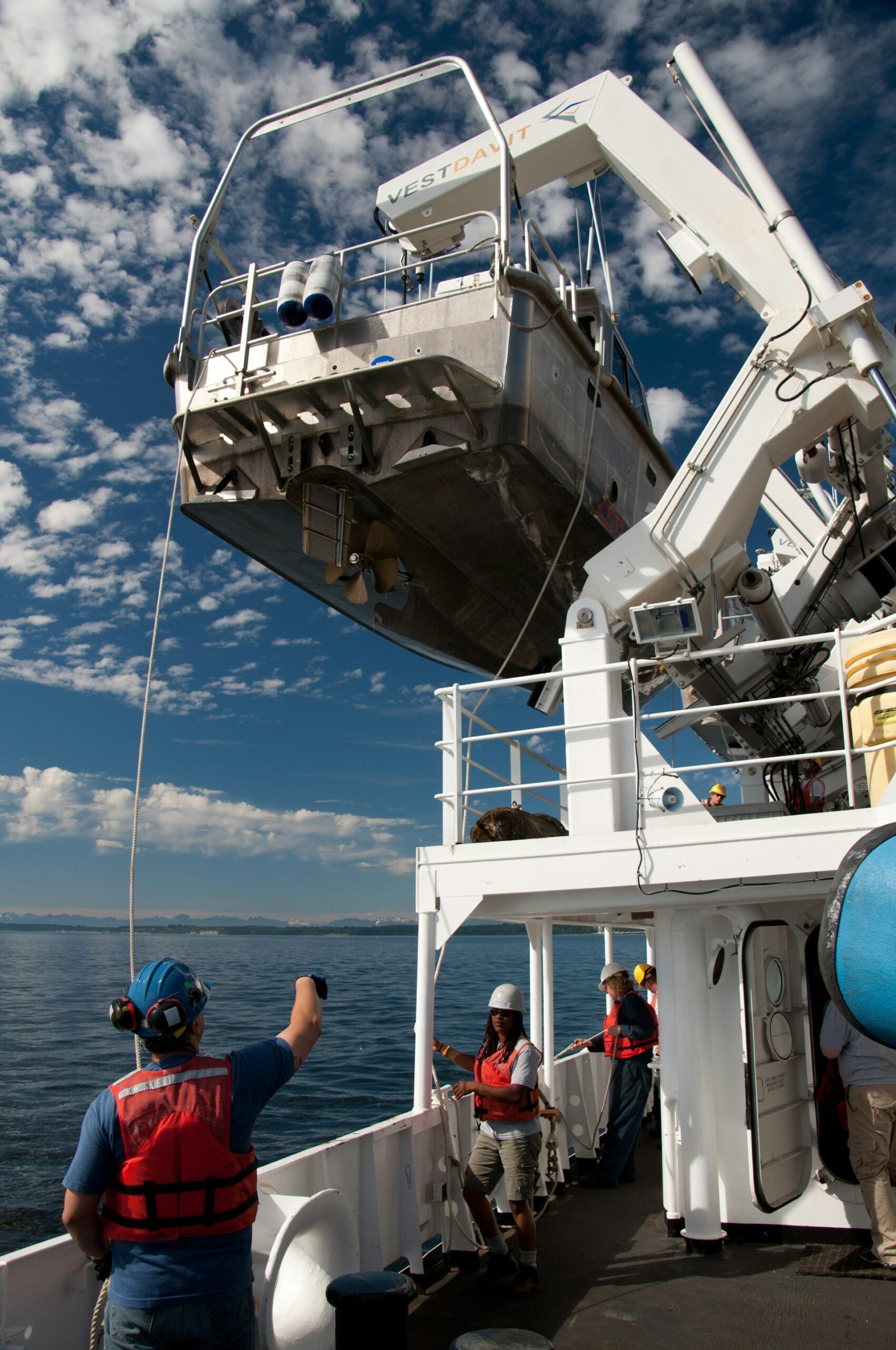THCA in North Carolina: Understanding the Law, Risks, and Safe Access

Photo by Karolina Bobek on Unsplash
Introduction: The Legal Landscape of THCA in North Carolina
North Carolina residents and businesses are increasingly interested in THCA -a hemp-derived cannabinoid with complex legal status. As of 2025, THCA is legal in North Carolina if it is derived from legal hemp and remains under the state’s THC content threshold. However, this legality exists in a gray area due to ongoing debates over hemp regulations and the evolving relationship between state and federal law. This article provides comprehensive, actionable guidance for navigating THCA’s legal status, compliance requirements, and safe access strategies across the state.
What Is THCA and Why Does Its Legality Matter?
THCA (tetrahydrocannabinolic acid) is a naturally occurring, non-intoxicating cannabinoid found in raw cannabis plants. It is the chemical precursor to THC (Delta 9 tetrahydrocannabinol) , the compound responsible for the psychoactive effects of marijuana. When THCA is heated-through smoking, vaping, or cooking-it converts into Delta 9 THC, which is tightly regulated in North Carolina and federally. [1] This conversion is the primary reason for legal uncertainty: while raw THCA is non-psychoactive and meets federal hemp definitions, its potential to become an illegal substance after decarboxylation creates risk for consumers and sellers.
Current Legal Status: Is THCA Legal in North Carolina?
As of 2025, THCA is legal in North Carolina as long as it is:
- Hemp-derived under the 2018 Farm Bill
- Contains less than 0.3% Delta 9 THC by dry weight at the point of sale
- Not converted into high-THC content through heating or other means
North Carolina follows federal guidelines, permitting hemp-derived THCA as long as those products do not exceed the legal Delta 9 THC limit. [2] These rules are based on the federal Farm Bill, which distinguishes legal hemp from illegal marijuana. Products exceeding the 0.3% Delta 9 THC threshold are considered controlled substances under state law, subject to prosecution and penalties. [3]
Understanding the Legal Gray Area
THCA’s legal status in North Carolina is not explicitly defined by state law. THCA itself is not listed as a controlled substance, but its ability to convert into Delta 9 THC creates legal risk if the product is consumed in ways that increase its THC content. The state has not enacted specific statutes targeting THCA, but law enforcement and regulatory agencies may interpret existing statutes broadly, especially if products are found to contain (or have the potential to create) illegal levels of Delta 9 THC. [1]
For example, a vape cartridge containing high THCA but low Delta 9 THC is legal at sale. However, once heated, the THCA may convert into illegal levels of THC. This creates risk for consumers who may unwittingly violate state law despite purchasing a compliant product. Sellers must also be cautious-marketing, labeling, and lab testing are critical for demonstrating compliance and protecting against enforcement actions. [2]
Compliance Requirements for Consumers and Businesses
To legally purchase, possess, or sell THCA in North Carolina, you must:
- Ensure all THCA products are derived from hemp (not marijuana), defined as cannabis containing less than 0.3% Delta 9 THC on a dry weight basis.
- Verify third-party lab testing demonstrating compliance with the 0.3% THC limit. Ask retailers for certificates of analysis (COAs) and check for recent, reputable testing.
- Understand that possession of non-compliant products (with more than 0.3% Delta 9 THC) can result in criminal prosecution. Consumers are responsible for verifying product legality.
- Recognize that state law may change rapidly . Stay informed through reputable cannabis law resources, industry organizations, and official state publications.
- For businesses: Maintain clear records of product sourcing, lab results, and sales practices to demonstrate good-faith compliance in case of regulatory scrutiny.
Special Considerations: The Cherokee Reservation Exception
While marijuana remains illegal throughout most of North Carolina, an important exception exists on the lands of the Eastern Band of Cherokee Indians . As of June 2024, this sovereign nation legalized both medical and recreational marijuana for adults over 21 on tribal lands. [3] This means that, within the boundaries of the Cherokee reservation, individuals may legally purchase and use marijuana products-including those with high Delta 9 THC content-that would be prohibited elsewhere in the state. However, these privileges do not extend outside tribal lands.

Photo by Jordan Johnson on Unsplash
Navigating Legal Risks: Practical Guidance
Given the ongoing uncertainty, North Carolina residents and businesses should adopt a cautious approach to THCA. Here are key steps to minimize legal risk:
- Purchase only from reputable retailers who provide recent lab results and clear labeling.
- Keep copies of all COAs and product purchase information.
- Do not transport large quantities of THCA products across state lines, as laws in neighboring states may differ.
- Be aware that law enforcement may not distinguish between hemp and marijuana products without lab testing-cooperate respectfully and request lab testing if questioned.
- Stay updated by searching for “North Carolina Department of Agriculture hemp program” and monitoring official state announcements regarding cannabis law changes.
Alternative Approaches and Future Trends
Some North Carolina hemp businesses have begun to diversify their product lines, offering only products with broad-spectrum cannabinoids or CBD to avoid the risks associated with THCA and other borderline-legal compounds. Others are lobbying for clearer state regulations to provide certainty to both consumers and the industry. The national debate over hemp-derived cannabinoids is ongoing, and North Carolina could revise its laws at any time-in response to federal action, public health concerns, or law enforcement recommendations. [1]
Accessing THCA Products Safely
To access legal THCA products in North Carolina:
- Visit licensed hemp retailers with a track record of compliance and transparency.
- Ask for third-party lab results and check for product labels stating “hemp-derived” and “less than 0.3% Delta 9 THC.”
- If you have questions about product legality or safety, consult a qualified attorney specializing in cannabis law.
- Monitor state and local news for updates on cannabis legislation and enforcement priorities.
If you wish to advocate for clearer laws or expanded access, you can contact your state legislators or join industry groups focused on cannabis policy reform. For those seeking medical cannabis for health conditions, North Carolina does not currently have a comprehensive medical marijuana program. You may wish to monitor legislative developments or consult with advocacy organizations for updates on future changes.
Key Takeaways
- THCA is currently legal in North Carolina if it is hemp-derived and contains less than 0.3% Delta 9 THC at the point of sale.
- The law exists in a gray area due to THCA’s ability to convert into illegal THC; compliance is essential.
- Tribal lands (Cherokee reservation) operate under different rules, allowing marijuana products for adults 21+.
- Consumers and businesses must remain vigilant, monitor ongoing legal changes, and maintain strict documentation to ensure compliance.



